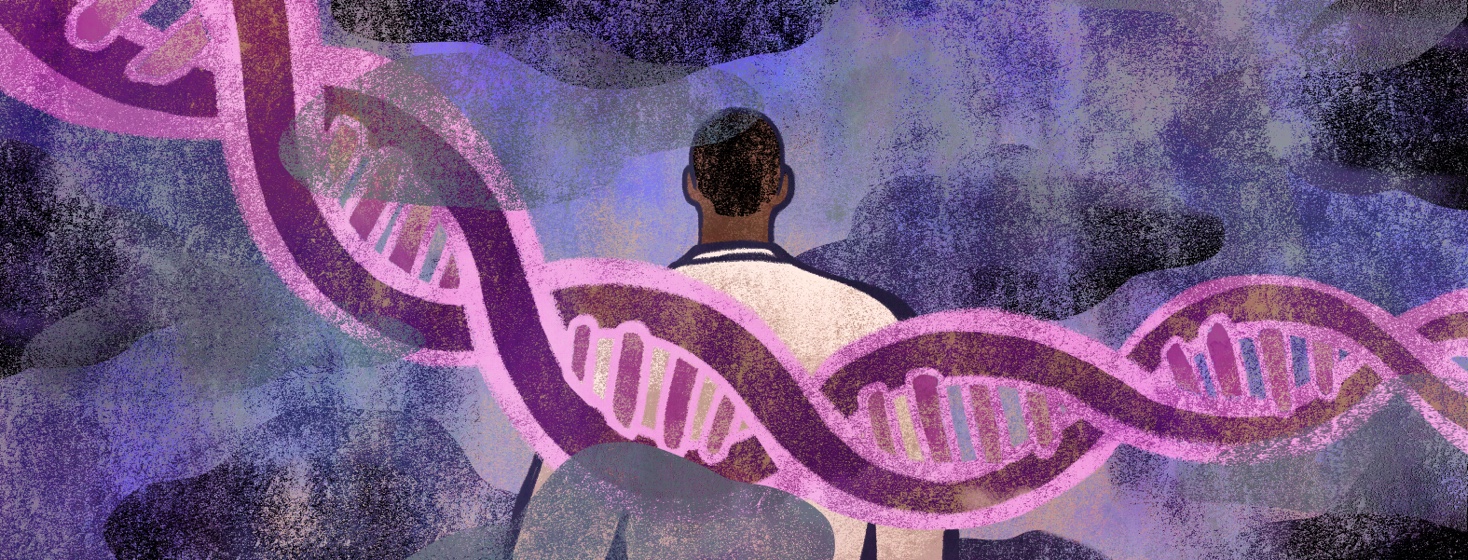Screening High-Risk Men for Breast Cancer
Since mammography became widespread in the 1980s, the U.S. breast cancer death rate in women, which was unchanged for the previous 50 years, had dropped 43 percent by 2015. Breast cancer deaths in men, however, who are treated similarly to women, but are not screened, have not declined at all. Mammography has been shown to decrease the number of deaths from breast cancer when it is used for screening.1
We already know that mortality after a cancer diagnosis is higher among male patients with breast cancer compared with their female counterparts.2
Breast cancer is a genderless disease
Although breast cancer is a genderless disease, only about one percent of new cases are in men. For decades now, women over 50 have had the option of using breast screening programs which allow them to be diagnosed at an earlier age than otherwise might be the case if they wait for common symptoms to present themselves. Obviously, it makes no sense to screen the older male population for such a rare disease, since the prevalence of disease in men, with a lifetime risk of 1 in 833 versus 1 in 8 for women, is too low to consider widespread screening for men of average risk.3
But what about those men with a family history, and/or a genetic predisposition to the disease? These men have much greater odds of being diagnosed after experiencing palpable masses and other painful symptoms, which are frequently later-stage breast cancers that are more difficult to treat. So, how about calling these men in for a biannual screening to check them? This early detection would give these men an earlier diagnosis and therefore a better prognosis.
The genetics
Mutations can be inherited from either parent and may be passed on to both sons and daughters. Each child of a genetic carrier, regardless of sex, has a 50 percent chance of inheriting the mutated gene from the parent who carries the mutation.4
As a result, half of the people with BRCA gene mutations are male, who could then pass the mutation on to their offspring, male or female. While most men who develop breast cancer do not have a BRCA1 or BRCA2 gene mutation or even a strong family history, they do inherit genetic mutations that predispose them to develop breast cancer. They also have an increased chance of developing prostate and pancreatic cancers.4
Gender screening discrimination
My mother developed breast cancer, aged 38, and died two years later. In my case, after contracting breast cancer, and two years later prostate cancer, my genetic test showed a BRCA1 mutation with a variation of unknown significance.
My daughter, aged 48, was enrolled in a public screening program, which includes an annual MRI scan. However, my son, a few years younger, has no access to a public screening program and is on his own as far as check-ups go. This gender discrimination needs redressing.
Risk management
Because younger women are being diagnosed earlier than age 50 when screening programs begin, The American College of Radiology, and other groups, are recommending risk assessment at age 30 to set down screening protocols.5
It’s time that men with breast cancer risks were included in risk assessment protocols to give them the protection of an earlier diagnosis. If this were the case, my son, who is a potential breast cancer risk, would be included in a screening program much the same as my daughter is.
Inclusive protocols will save lives
We need to acknowledge the gaps and the groups lacking in risk information. These include not only men, but women of lower socioeconomic status, Black women, men at higher-than-average risk of breast cancer, and sexual and gender minorities.2
Higher rates of screening arising out of these new risk management protocols will save lives.
Awareness is key
Be aware of your genes and your genetic predispositions, they are the basis of you and the key to a healthy life. If you are concerned that your family may have an inherited genetic mutation, or if there is a strong family history of cancers, you should speak with your general practitioner, who can refer you to a family cancer clinic for assessment.

Join the conversation